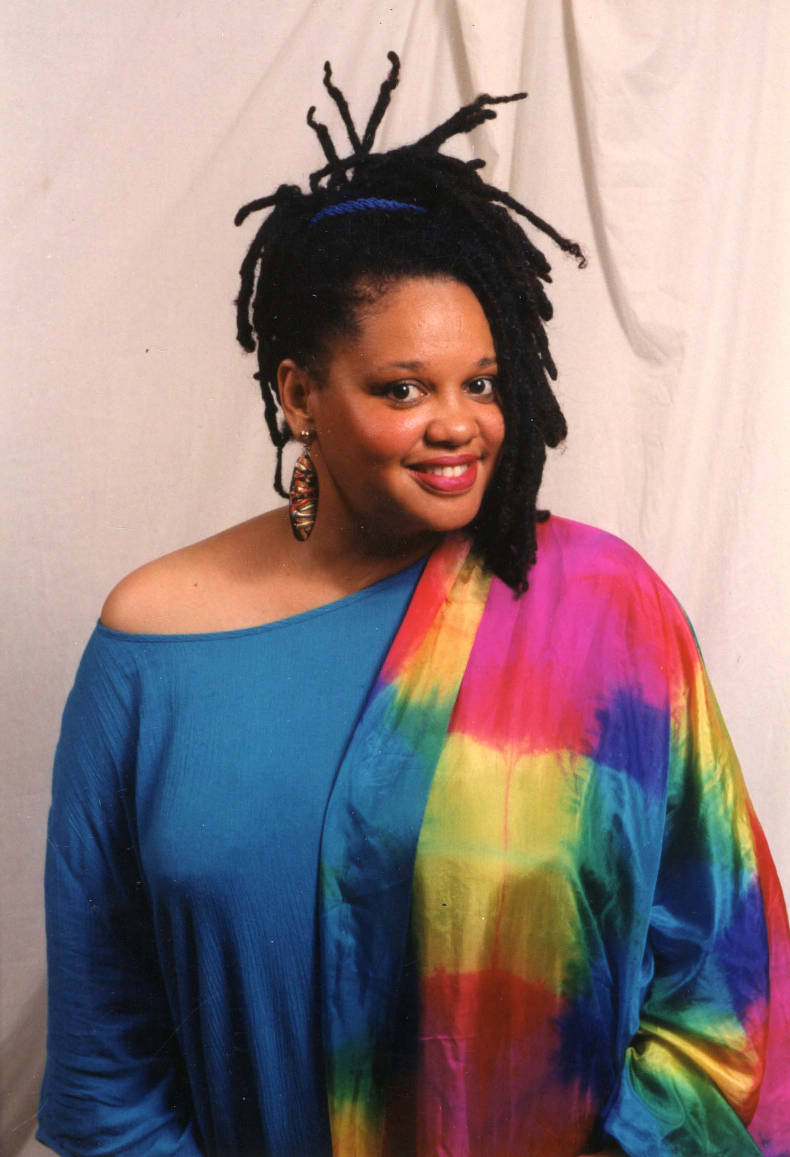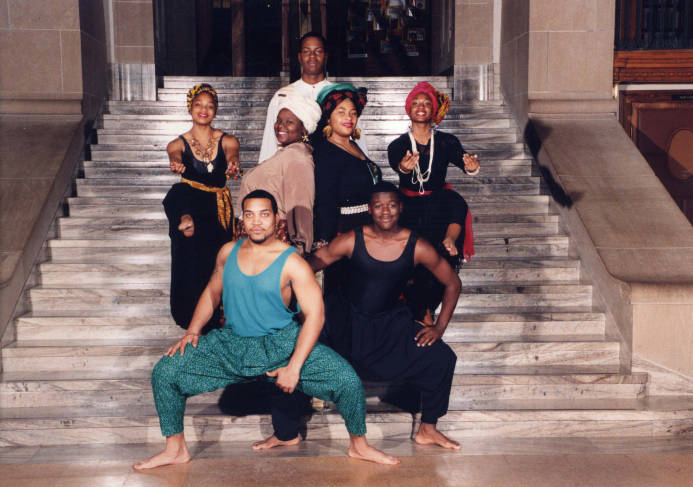In September 1990, storyteller and performance artist Deborah Asante started the African American Children’s Theatre, a community-based performing arts group. The theatre took the name Asante Children’s Theatre (ACT) soon after its founding.

In the early days of its existence, ACT used an array of performing arts to develop life skills in its youth actors. The organization uses acting, singing, dancing, and storytelling to empower the African American youth as citizens.
After more than 30 years, ACT changed its name to the Asante Art Institute to encompass the number of adult alumni who wanted to teach and perform in its shows. The name change also better reflects the expansion of the organization’s programming. As its makeup has become more intergenerational, the institute serves as the administrative umbrella for its three key programs.
Programming includes the original concept, Asante Children’s Theatre, and two newer programs, the Asante Community Connection and the Asante Artrepreneurial Incubator.
The Asante Children’s Theatre consists of two youth programs, Prep4Life and The Academy. Prep4Life started in 2006 to prepare youth ages 6-12 for their future. The Academy is the cornerstone program of ACT. It has a rigorous curriculum with highly competitive recruitment for youth aged 12 to 18.
The Asante Community Connection program uses “The Village” concept, a motif of Black culture that speaks to the ways in which people connect. Envisioning itself as a village, the Community Connection program is a space for conversations about issues that affect communities of color as well as for discussions about ways to inspire change in those communities.
The Asante Artrepreneurial Incubator began in spring 2021. Its mission is to inspire and equip the current and next generation of artistic and administrative leaders with the tools necessary to engage in the community. Youth ages 15-18 as well as a cohort of young adult student teachers comprise Incubator participants. The Incubator serves as a community within a community where the arts serve as a vehicle for social change, community empowerment, and economic growth.

Since 2014, the Institute has partnered with to provide a summer of inclusive programming revolving around history, art, and culture. Children between the ages of 12 and 18 learn the art of theater and American history. In this summer program, students trace the African American history of trauma and resilience and explore African Americans’ struggle for equality in the United States.
In 2019, the Women’s Fund of Indiana hosted an event with keynote speaker former First Lady Michele Obama to fund a $750,000 grant to the Asante Children’s Theatre to start the Sankofa Paradigm, a program that finds new ways to address present traumas in girls’ lives while providing an artistic space for them to do so. The sankofa is a symbol often used in African cultures that features a bird with its feet firmly planted forward and its head turned backward, representing the belief that people can use their pasts to guide them toward a stronger and better future. Sankofa Paradigm began in January 2020, serving 130 girls aged 7-18. Asante Children’s Theatre partners for the program include the IUPUI School of Health and Human Science, and the .
CITE THIS ENTRY
APA:
Verderame, J. A. (2022). Asante Art Institute. Encyclopedia of Indianapolis. Retrieved Feb 15, 2026, from https://indyencyclopedia.org/asante-children-s-theatre/.
MLA:
Verderame, Jyoti A. “Asante Art Institute.” Encyclopedia of Indianapolis, 2022, https://indyencyclopedia.org/asante-children-s-theatre/. Accessed 15 Feb 2026.
Chicago:
Verderame, Jyoti A. “Asante Art Institute.” Encyclopedia of Indianapolis, 2022. Accessed Feb 15, 2026. https://indyencyclopedia.org/asante-children-s-theatre/.

Help improve this entry
Contribute information, offer corrections, suggest images.
You can also recommend new entries related to this topic.